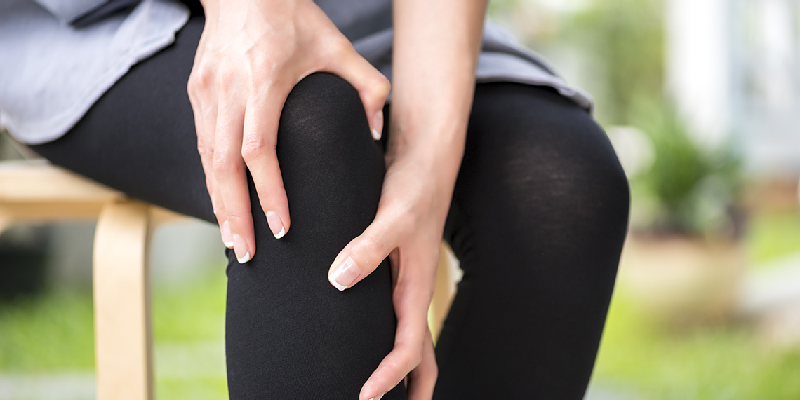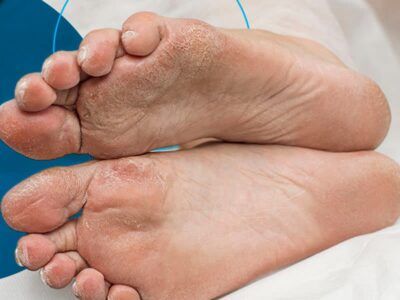Knee pain is quite a common issue among people which can be caused due to various reasons from the complexity of medical conditions to severe injuries. It may create problems for a particular area of your knee or can be diffused throughout your knee.
Knee pain can originate in
-
Knee joint
-
Kneecap
-
Ligaments, cartilage, and tendons of the knee
Physical activity and obesity, affecting the movement of the surrounding muscles can aggravate the knee pain. Individuals of all ages can be affected by knee pain and though you can get some relief with certain home remedies, if the pain gets severe, you need to see a doctor without wasting your time.
Symptoms
-
Difficulty in walking or bearing weight
-
Limping
-
Difficulty in up and down movements due to the damage or sprain in the ligament
-
Difficulty bending the knee
-
Swelling and redness
-
Difficulty extending the knee
Causes of knee pain
Intense injury including torn ligament, broken bone as well as meniscal tears
Medical conditions such as arthritis, rheumatoid, infections, and osteoarthritis
Overuse or chronic use conditions such as IT band syndrome, tendonitis, and patellar syndrome
Risk factors
The knee joint is a very important part of our body, used frequently throughout a day. Changes in joint movement can cause injuries and pain.
Excess weight increases the stress on the joint of your knee, rapidly breaking down the cartilage and augmenting the risk of osteoarthritis.
Certain exercises such as skiing and jogging that involve repetitive motions or work conditions like kneeling for a long time can lead to broken cartilage, causing pain.
Seeing a doctor
If the knee pain does not respond to home remedies and stays more than a few days, you should consider visiting a doctor who can evaluate the actual problem and determine the best knee pain treatment. A doctor evaluates symptoms such as swelling, difficulty to bend, inability to walk or uneasiness walking, deformity, and fever.
Diagnosing knee pain
At first, the doctor may ask you questions related to your overall health and then particularly to the nature of your knee pain such as how long, how intense. Next, he or she will perform an examination of your knee like bending your knee through the full motion range, checking the ligament stability, and evaluating any swelling and tenderness. Sometimes, doctors prefer further tests to make a diagnosis such as radiologic tests, blood test, and arthrocentesis.
Treatments
The knee pain treatment depends completely on the condition causing the pain. It may include medications, surgery, injections, and physical therapy.
Stem cell therapy for knee pain is a minimally invasive medical process that helps decrease inflammation, halting the development of arthritic damage, repairing joint cartilage as well as avoiding or delaying knee replacement surgery.
Knee unloader bracing will enhance your mobility, diminishing the pain while you are at rest. Though it is not about curing osteoarthritis or other knee joint issues, it certainly decreases the stress on the joint while you receive other treatments.
Kinesio taping uses elastic cotton strips designed to match the movement and skin texture of the wearer, facilitating the healing process of your knee joint problems, providing stability and support to joints and muscles.













Comments